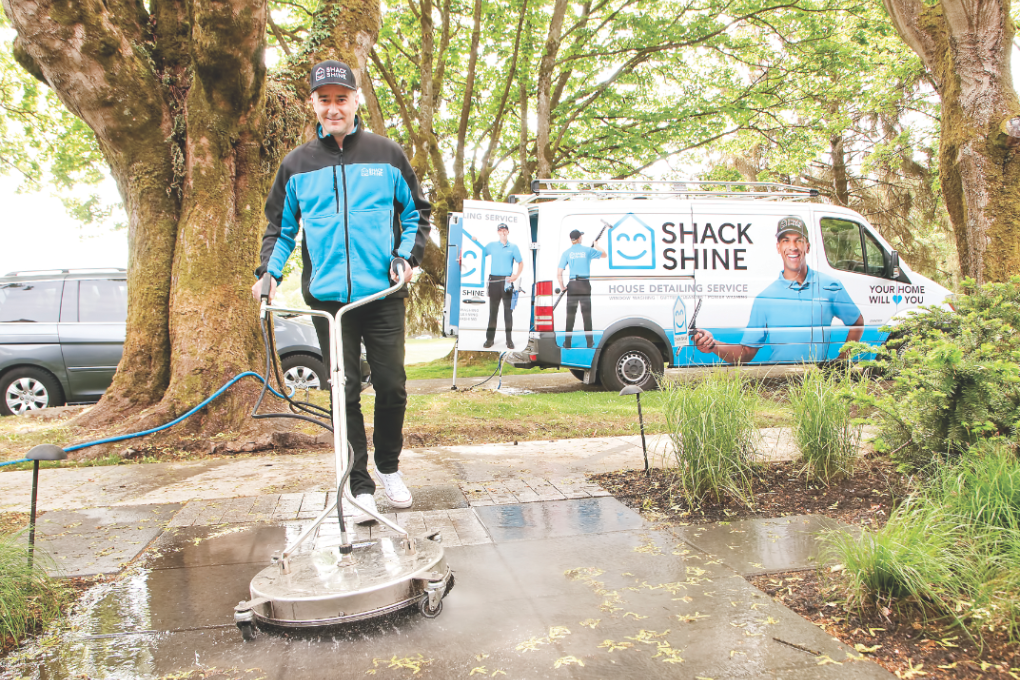Successful Canadian franchise entrepreneurs share expansion lessons
Secondary franchise brands should have a compatible customer base, say Vancouver entrepreneurs

Founding a successful franchise brand is challenging enough for most entrepreneurs, let alone overseeing several additional ones.
Two Vancouver entrepreneurs who have each expanded their empires to include four separate brands say that although expansion gets easier with experience, there are pitfalls to avoid.
One thing they have learned is that a company should launch secondary franchise brands only when its core brand is successful. A second lesson is that new franchise brands should have a compatible customer base.
1-800-Got-Junk? founder and owner Brian Scudamore has followed that advice in his launch of a fourth franchise brand, Shack Shine.
He started franchising his junk-removal company in the late 1990s. Since then, his core brand has expanded to 157 franchises and is “quite profitable,” Scudamore told Business in Vancouver.
Shack Shine has five franchises so far and its franchisees wash windows and clean gutters. Scudamore’s two other compatible franchise operations include Wow 1 Day Painting, which has 36 franchisees, and You Move Me, a moving company with 40 franchisees.